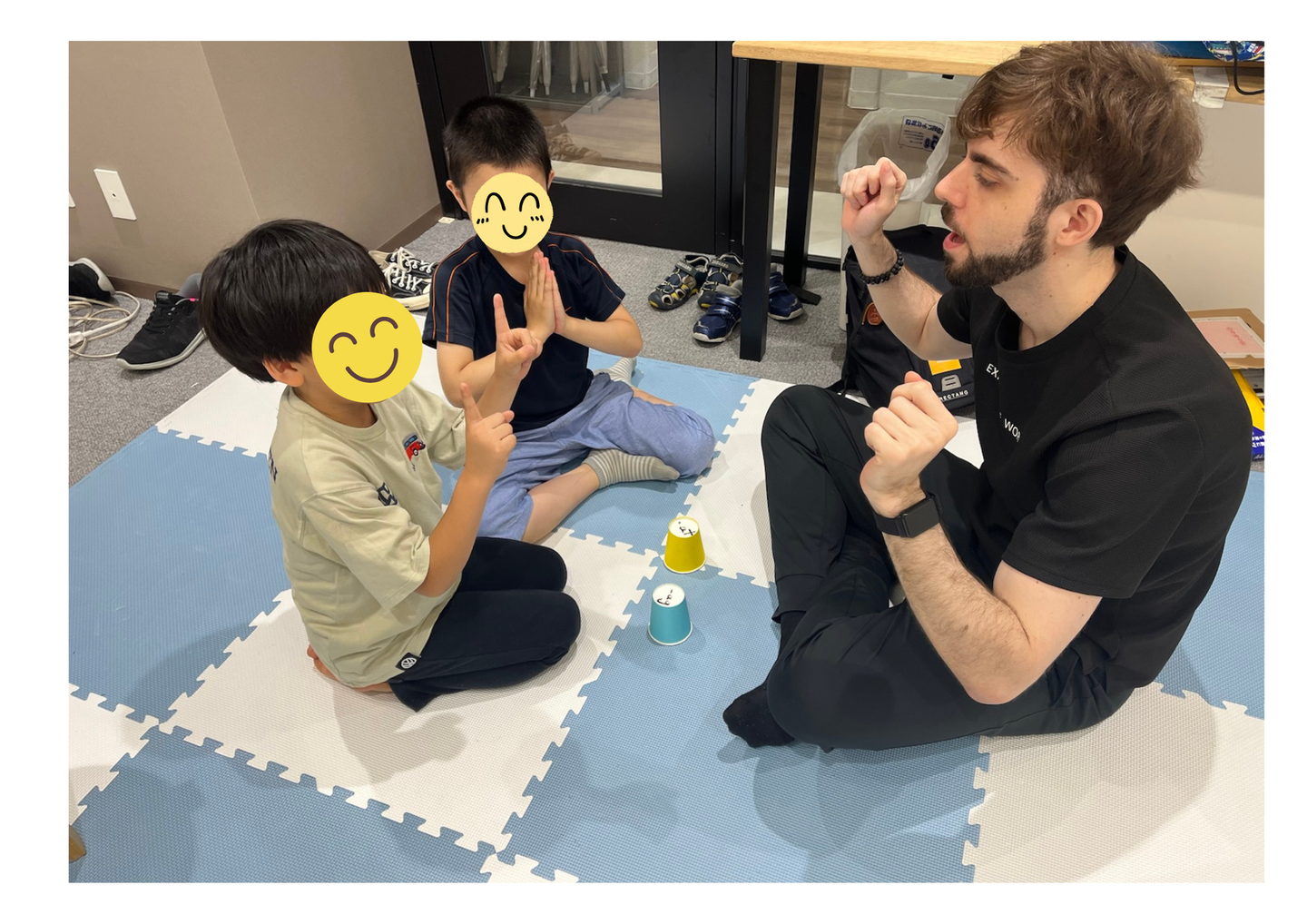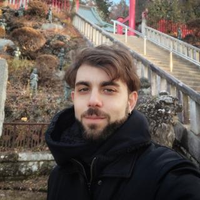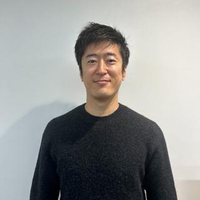The limits of my language are the limits of my world — Ludwig Wittgenstein.

What is your background? Why did you decide to pursue a teaching career in Japan?
I'm from Argentina! Born and raised in an inaka village near a capital city of my country. Being a native Spanish speaker, I was lucky to have received a bilingual education, which allowed me to speak English at an early age and get to know the immense diversity of this world through the internet once it arrived in our homes. This sparked my interest and curiosity for languages in general, which would later lead me to become a teacher.
Through these means, I also came to discover the wonderful culture and landscapes of Japan, and like many others, I quickly got hooked by its pop culture, music, and animation, which greatly impacted my worldview and contributed to the values that made me who I am today. Finally, I graduated as an English teacher from FASTA University, a widespread institution in Latin America, and decided to move to Japan once I had enough experience as a professional.
In the end, languages connected me to the world—and to the life I have today. Now, I’m excited to keep learning, growing, and building a life in Japan as a teacher.
What do you like the most about working at Everest?
At Everest, what inspires me most is the way language comes alive. I’ve always believed that language isn’t just about memorizing rules—it’s about building bridges, expressing yourself, and connecting with others, as I did when I was younger. Teaching here allows me to put this into practice every day. I get to apply everything I’ve studied about linguistics in a real, meaningful way, watching it turn into genuine communication that nurtures and transforms kids' views about the world.
Rather than focusing only on textbooks or exercises, our lessons are designed to help kids use English. We emphasize speaking—learning how to ask questions, answer naturally, and share their own thoughts with confidence. That practical focus makes a huge difference, because students don’t just learn about English; they learn how to live in it, and make it a part of themselves.
The best part of my job is seeing how students light up when they interact with people from different cultures and backgrounds. Those moments—full of curiosity, laughter, and real exchange—make every class feel rewarding. It’s this energy, this sense of connection, that makes my work at Everest so fulfilling.
Challenges I Face
Teaching has been one of the most rewarding experiences of my life, but it’s not without its difficulties. There are days when inspiration doesn’t flow easily, and preparing engaging activities feels like a real challenge. Even when a lesson is carefully planned, the classroom has a life of its own—things don’t always unfold the way you expect, and adapting in the moment can be tough. Working with children who come in exhausted after a long day at school is another obstacle; no matter how much enthusiasm I bring, sometimes their energy is simply not there. These moments remind me that teaching requires more than just knowledge—it requires patience, flexibility, and the ability to adjust on the spot. I see these challenges as opportunities to grow: to expand my set of strategies, to discover new ways to spark curiosity, and to find approaches that make learning meaningful even on the most difficult days.
What Drives Me
Despite these challenges, what keeps me moving forward are the students themselves. Watching them take small but meaningful steps—using a new word naturally, asking their first question in English, or sharing their own ideas with confidence—fills me with energy and purpose. For me, English is not simply a school subject; it’s a bridge that connects people across cultures, backgrounds, and experiences. Knowing that I can help build that bridge is what inspires me every day.
Even the difficult moments motivate me. When a lesson takes an unexpected turn or students are tired, I see it as a push to be more creative and resilient. Those situations remind me that teaching is not just about delivering content, but about creating trust and showing students that learning can be both fun and possible. What excites me most is the chance to shift perspectives—to turn “this is too hard” into “I can do this.” That transformation, no matter how small, is what makes the journey worthwhile.
Future Plans
Looking ahead, my main goal is to keep growing—both personally and professionally. Just as I encourage my students at Everest to actively use English in real situations, I apply the same philosophy to myself as I continue learning Japanese. By practicing daily and immersing myself in the language, I hope not only to communicate more naturally but also to gain a deeper understanding of the culture I now live in.
At the same time, I’m committed to becoming a better professional by learning more about how an eikaiwa works from the inside. Every day at Everest gives me new insights into teaching methods, classroom dynamics, and the needs of students, and I want to use these experiences to bring out the best in myself as a teacher, while helping new teachers take off into their journey as professional educators. Ultimately, my plan is to grow alongside Everest, contributing to its success while continuing to challenge myself, improve my skills, and pursue my passion for education.


/assets/images/8794087/original/3e3b8699-8977-407c-babc-624a3d31cd07?1644307382)


/assets/images/8794087/original/3e3b8699-8977-407c-babc-624a3d31cd07?1644307382)

